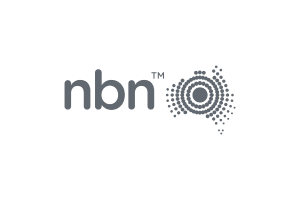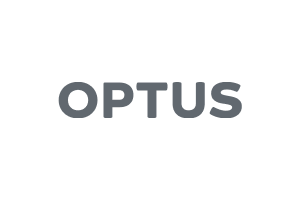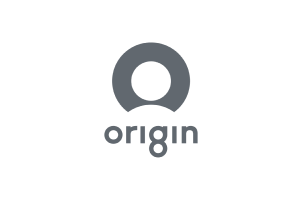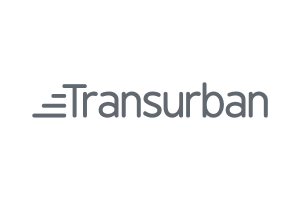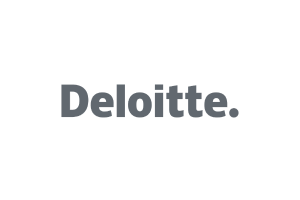In this engaging conversation, Milena Cerdas, Global Head of Contingent Workforce at Philip Morris International, shares her unique journey from Costa Rica to London and Madrid, highlighting the importance of adaptability and resilience in navigating career transitions. She discusses the establishment of a Contingent Workforce Center of Excellence at PMI, emphasizing the need for collaboration between procurement and HR to enhance workforce strategies. Milena also addresses the evolving landscape of skills-based hiring, advocating for a comprehensive approach that considers various dimensions beyond just skills. In this conversation, Milena Cerdas and Connor discuss the evolving landscape of work, focusing on the importance of internal talent marketplaces, the shift towards skills-based organizations, and the challenges posed by talent shortages. They explore the role of empathy in organizational values, the impact of AI on jobs, and the implications of return-to-office mandates. Milena emphasizes the need for a humanized approach to growth and the importance of adapting to the changing workforce dynamics.
Takeaways
- Milena’s journey reflects the importance of adaptability and resilience.
- Cultural experiences enrich personal and professional growth.
- Establishing a Center of Excellence requires collaboration and strategic planning.
- Procurement should focus on adding value beyond cost reduction.
- Skills-based hiring is becoming essential in the evolving job market.
- Empathy and cultural fit are crucial in hiring processes.
- Trust between procurement and HR is vital for successful collaboration.
- Continuous learning and education are key in workforce management.
- Understanding different perspectives enhances decision-making.
- The future of work will require new skills and adaptability. There should be an internal talent marketplace for skills.
- Education needs to focus on developing relevant skills.
- Empathy is a core value in organizations today.
- AI will change the nature of work but won’t eliminate it.
- Flexibility in work environments is crucial for talent retention.
- The external workforce will continue to rise in importance.
- Humanized growth considers all stakeholders, not just shareholders.
- Younger generations prioritize sustainability in their work choices.
- Organizations must adapt to the changing demographics of the workforce.
- AI literacy is essential for future job security.
Chapters
00:00 Introduction to Milena Cerdas and Her Journey
04:52 Navigating Career Transitions and Cultural Adaptation
10:00 The Importance of Personal Growth and Resilience
14:52 Establishing a Contingent Workforce Center of Excellence
19:54 Bridging the Gap Between Procurement and HR
25:04 The Reality of Skills-Based Hiring
29:44 The Future of Internal Talent Marketplaces
32:55 The Shift Towards Skills-Based Organizations
35:39 Navigating Talent Shortages and Workforce Dynamics
40:01 Empathy and the Social Contract in Organizations
43:14 AI’s Impact on Jobs and the Future of Work
49:40 Return to Office Mandates: A New Perspective
54:22 Predictions for the Future of Work







